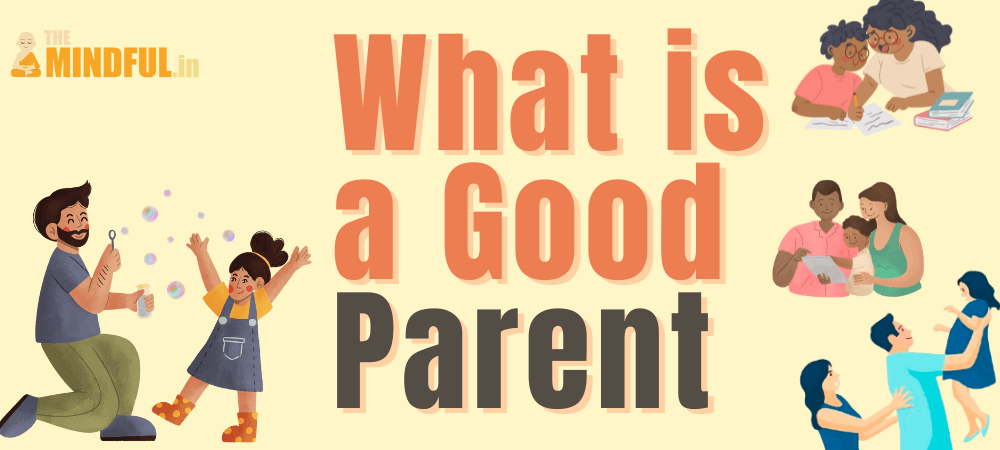Alain de Botton, in A Therapeutic Journey, explores the essence of good parenting, emphasizing that it’s not about perfection but about being emotionally attuned and creating a nurturing environment. Here’s a closer look at his key insights:
1. Celebrate Your Child’s Existence
- Pride & Joy: Good parents derive deep joy from their child’s very existence and frequently express this to their child.
- No Fear of Spoiling: Spoiling doesn’t come from showing love; rather, it comes from a lack of it.
- Small Gestures Matter: Simple daily acts can remind children of their significance in their parents’ lives.
2. Active Listening & Attention
- Get on Their Level: Pay close attention to what your child says, even if it seems unusual.
- Understand Their Emotions: Children may express feelings like sadness or anger in ways that aren’t immediately obvious.
- Suspend Judgment: Listen without rushing to conclusions. Aim to understand before responding.
3. Strong but Flexible
- Confidence to Be Ignored: A good parent doesn’t seek constant obedience or validation from their child.
- Patience with Criticism: They stay composed even when faced with criticism from their child, like being called a “fool.”
- Boundaries Without Rigidity: Discipline and freedom are balanced, allowing children to safely explore autonomy.
4. Avoid Transmitting Your Pain
- Don’t Pass on Regrets: Parents should avoid projecting their own disappointments onto their child.
- No Envy: They genuinely wish for their child to have a better life than they did, without holding them back.
- No Emotional Dumping: Personal struggles like jealousy, ambition, or bitterness are not shared with the child.
5. Emotional Independence
- No Need for Validation: Good parents don’t rely on their children for emotional approval.
- Stay Calm: They manage their child’s emotional turmoil without adding to the chaos.
- Absorb Their Terrors: By remaining composed, they help their child navigate fears and excitement without getting overwhelmed.
6. Play, Imagination & Fun
- Creativity is Key: Good parents engage in imaginative play, creating joyful and safe spaces for their child.
- Silliness is Encouraged: They are willing to be playful, nurturing the child’s creativity and wonder.
- Boundaries Around Play: While play is encouraged, parents know when to guide children back to reality gently.
7. Boundaries & Autonomy
- Healthy Boundaries: While maintaining limits, they adapt to the child’s evolving needs.
- Respect for “No”: Children are allowed to say “no” and express themselves, while parents guide them toward balance.
- Targeted Indulgence: They thoughtfully meet their child’s desires, balancing indulgence with discipline.
8. Emotional Maturity
- Secure & Stable: They have the confidence to be disregarded and allow their children to express different opinions.
- No Drama Transfer: Personal emotional struggles are not projected onto their children.
- Tender Yet Firm: They balance affection with setting clear expectations, making the child feel loved yet guided.
Key Takeaway
A good parent, according to Alain de Botton, is one who navigates the complexities of parenting with emotional maturity, patience, and a commitment to their child’s well-being, while also fostering a sense of autonomy and emotional safety. It’s not about avoiding mistakes but learning and growing alongside their child.

